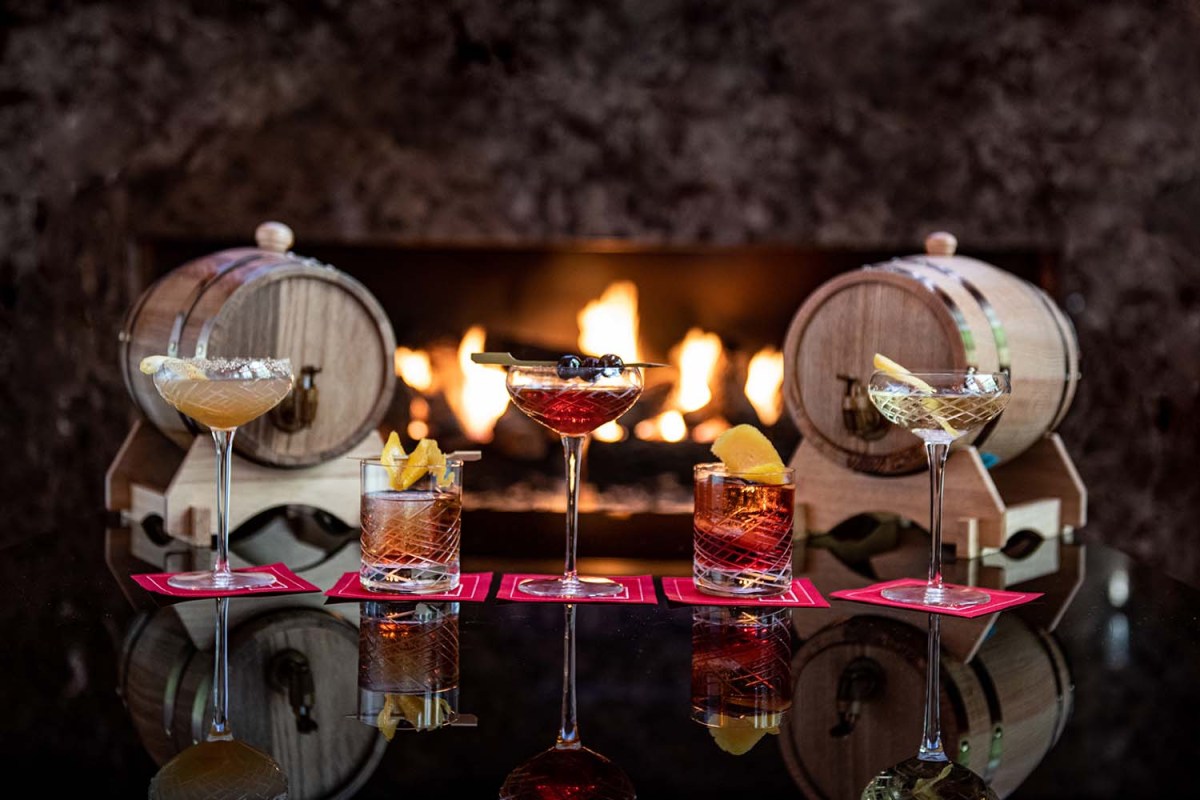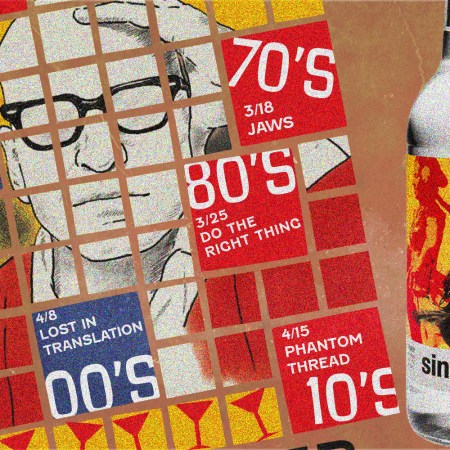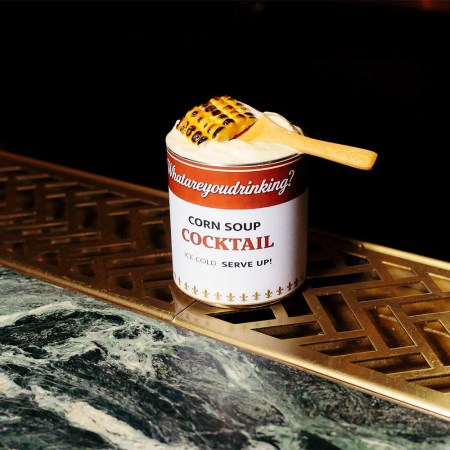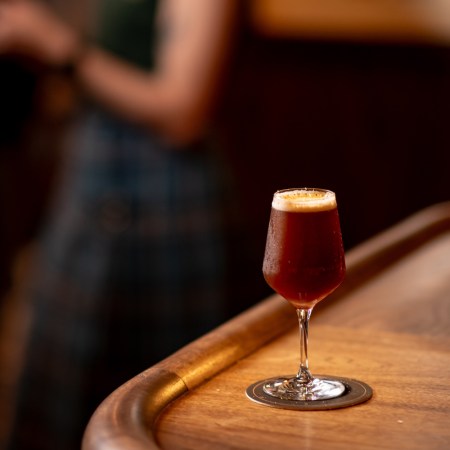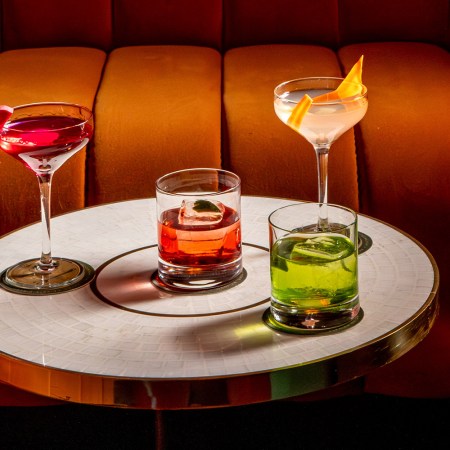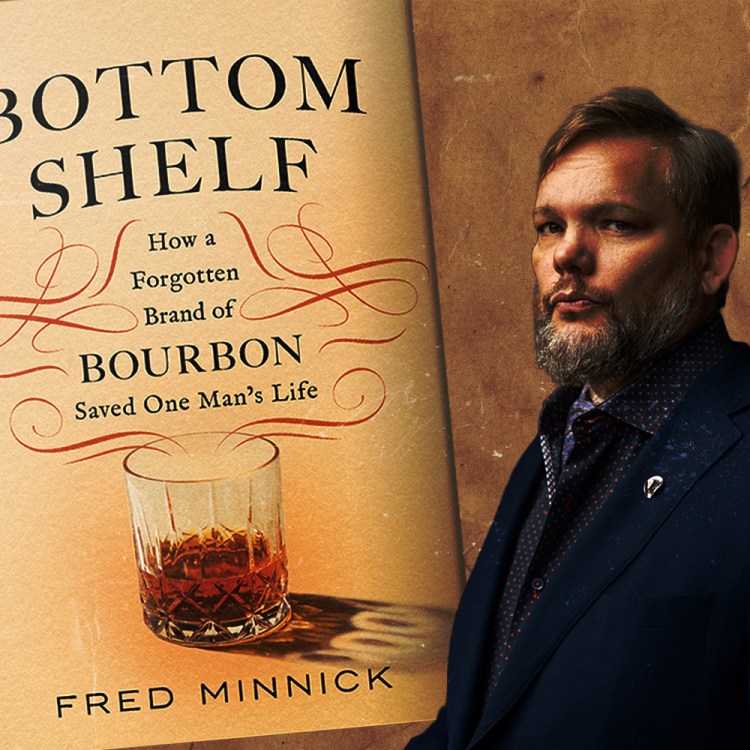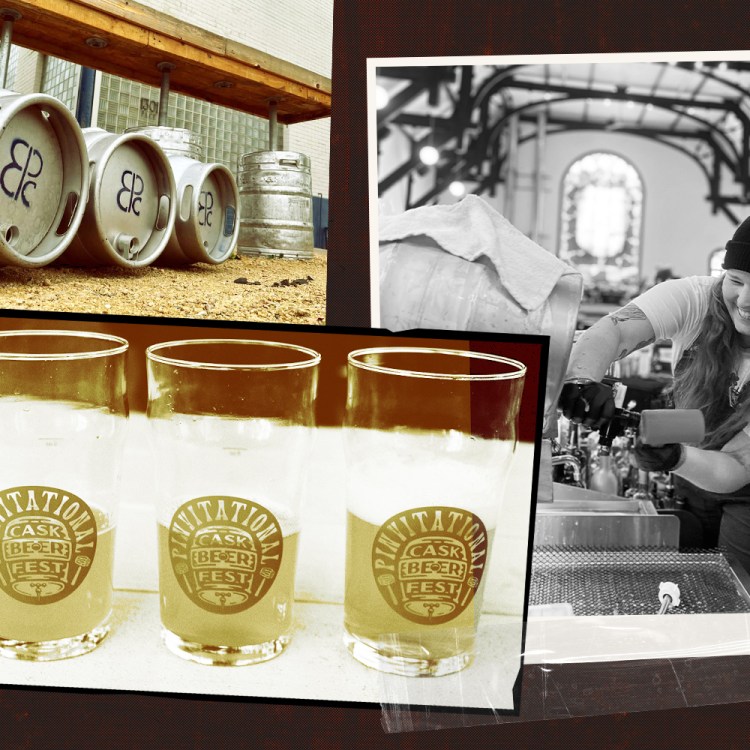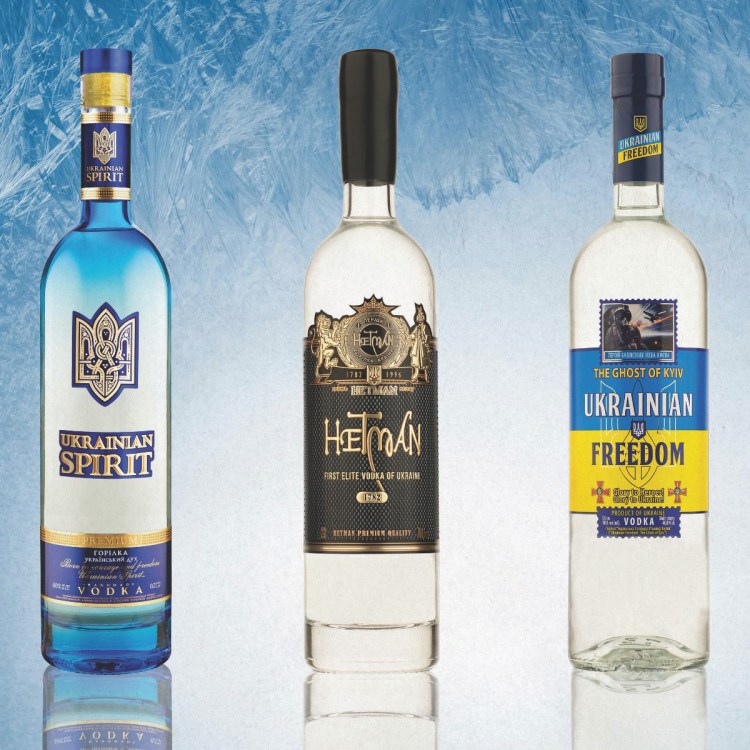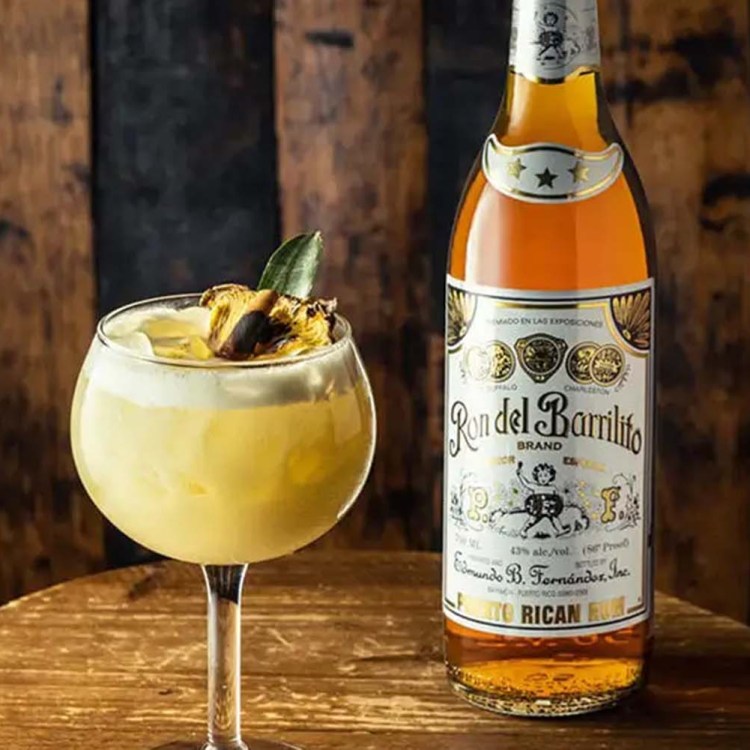If you want a truly exceptional cocktail at home, you might need some patience.
How does 2-3 months sound? If you’re barrel-aging your cocktails, the extra time might be worth it.
You’ve probably seen (or ordered) a barrel-aged drink at one of your city’s finer cocktail establishments. These aren’t just drinks thrown into the same casks that will up a distillery’s warehouse; these are tinier, often countertop-sized vessels that can imbue your drinks with a unique character.
“In a barrel, the cocktail tends to round itself out over time, creating something more cohesive,” says Benjamin “Banjo” Amberg, the head bartender at Clyde Common in Portland, OR (home to a fantastic barrel-aged cocktail program). “You’re left with something quite lovely and elegant.”
To learn more about barrel-aging cocktails — and to get some tips on doing ‘em at home, we spoke with Amberg, Craig Joseph (bar manager of Ty Bar at the Four Seasons Hotel New York) and Joe Heron, founder of Copper & Kings, a craft distillery for brandy, gin and and absinthe in Louisville, KY.
What barrels should you use?
At Clyde Common in Portland, for example, they use barrels ranging from two and a half gallons up to ten gallons, sourced from Tuthilltown Spirits (where you can also order your own) in New York. “All the barrels we get are former whiskey barrels, so they already have a nice level of char and toast to them,” says Amberg.
To use your mini barrels, fill with hot water for 24 hours until watertight. Then empty and let dry out for two days. Avoid heat and light, and don’t let the barrel dry out following use — you can re-use most barrels around three times “to imbue singular style cocktails,” as Heron from Copper & Kings says.
If you want to source your own mini barrels, a quick Internet search will turn up several sources; RedHead and Bluegrass are two good places to start.
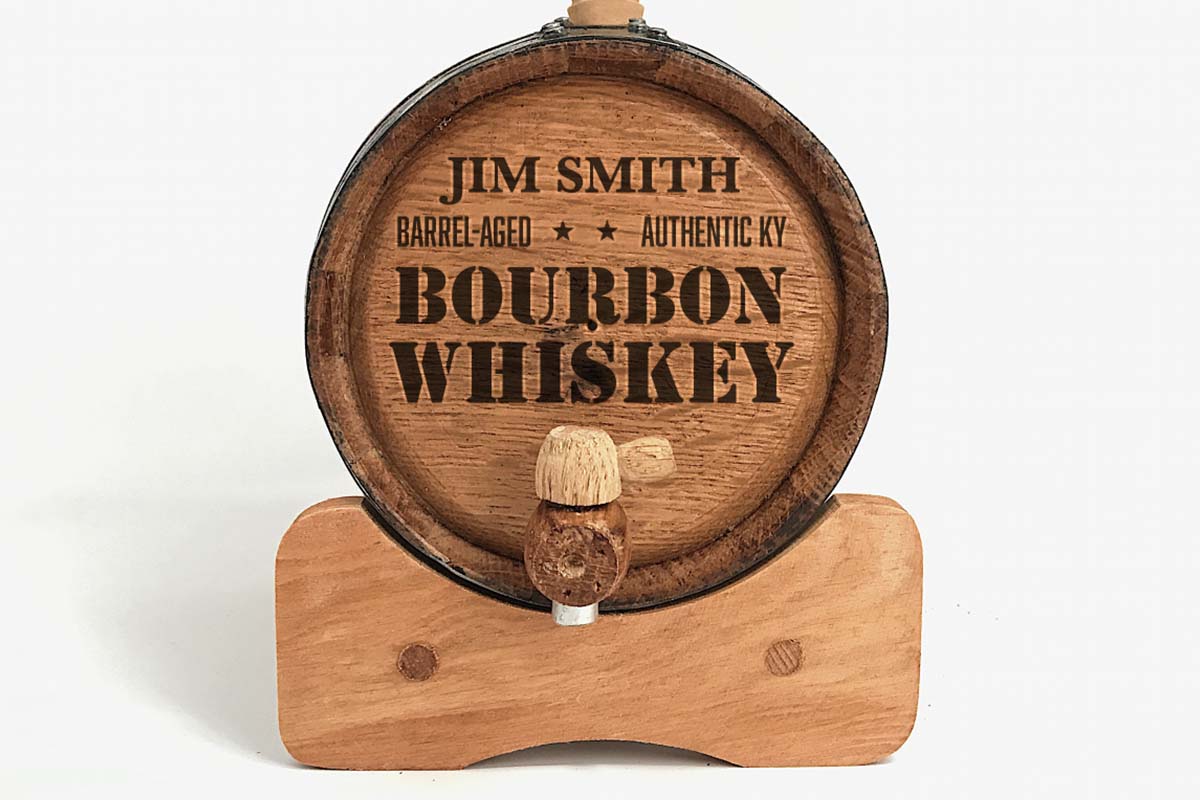
What does barrel-aging add to your cocktail?
Essentially, barrel aging a cocktail does the same thing as aging a spirit — it tames the harsher aspects and rounds it out, creating a “more cohesive drink,” as Amberg notes. In the case of something that has bitter elements (Campari, Cynar, Fernet, etc), the barrel helps soften out those bitter notes. Since the barrel is porous itself, there’s also oxidation that happens with the cocktail; this adds another layer of flavor to anything that has a wine base (vermouth, aperitifs, etc).
The barrel itself will imbue a lot of character. “If a barrel is heavily charred, it will impart more elements of toast,” says Joseph. “If the contents rest for an extended period, the heavy char will impart bitter caramel notes and add more weight to the cocktail.”
What kind of cocktails and spirits work well with barrel-aging?
You’ll want to try something “spirit forward and generally containing spirits that haven’t already seen much time in a barrel,” says Amberg (though there are exceptions). At Clyde Common, the Negroni is the flagship barrel-aged drink, along with a coffee Manhattan, where a barrel is pre-seasoned with coffee beans before the cocktail is aged.
At Copper & Kings, Heron’s had success with a lot of classics, including the Negroni, Sazerac, Boulevardier, Manhattan, gin martini and Old Fashioned. “All of these are easy to make at home with quite simple batching calculations,” he says.

And which ones do not?
“Aging anything that can spoil, mold or mildew is just a bad idea,” says Amberg. So avoid juices, dairy, eggs, and syrups that have a low shelf-life. Worst part: Not only will your drink be bad, but you’ll have to throw out the barrel, too.
At the Ty Bar, Joseph has found creative ways to alter classic cocktails to work with the barrels. “When we barrel-age our Sidecar, rather than add fresh lemon juice to the barrel, we add fresh lemon zest to impart the citrus notes,” he says, noting a small amount of fresh lemon juice is added just before serving.
How long should you barrel-age the cocktails?
The consensus seems to be around two to three months. “You can age anything up to a year, but you get good results quite quickly that don’t lose any freshness and still add complexity and depth,” says Heron.
What’s a good recipe for a barrel-aged cocktail to make at home?
“If you’re attempting barrel-aging at home, I’d recommend starting with a cocktail you know and have experienced before in various ways,” says Joseph. “If it’s your first time, choose an original recipe and a light char. After your first time, you can start substituting ingredients to achieve the profile you prefer. A Vesper would be an excellent choice for aging; its main spirits are never aged in wood, so even the lightest char will bring noticeable wood and spice notes to the cocktail.
3 parts Gin
1 part Vodka
1/2 part Lillet Blanc
Lemon Peels
And few places to try barrel-aged cocktails:
- Clyde Common (Portland, OR)
- Ty Bar at the Four Seasons Hotel (New York, NY)
- The Rattlesnake Bar (Dallas, TX)
- Amis (Westport, CT)
- Yellow Bird (Mexico City)
Every Thursday, our resident experts see to it that you’re up to date on the latest from the world of drinks. Trend reports, bottle reviews, cocktail recipes and more. Sign up for THE SPILL now.
